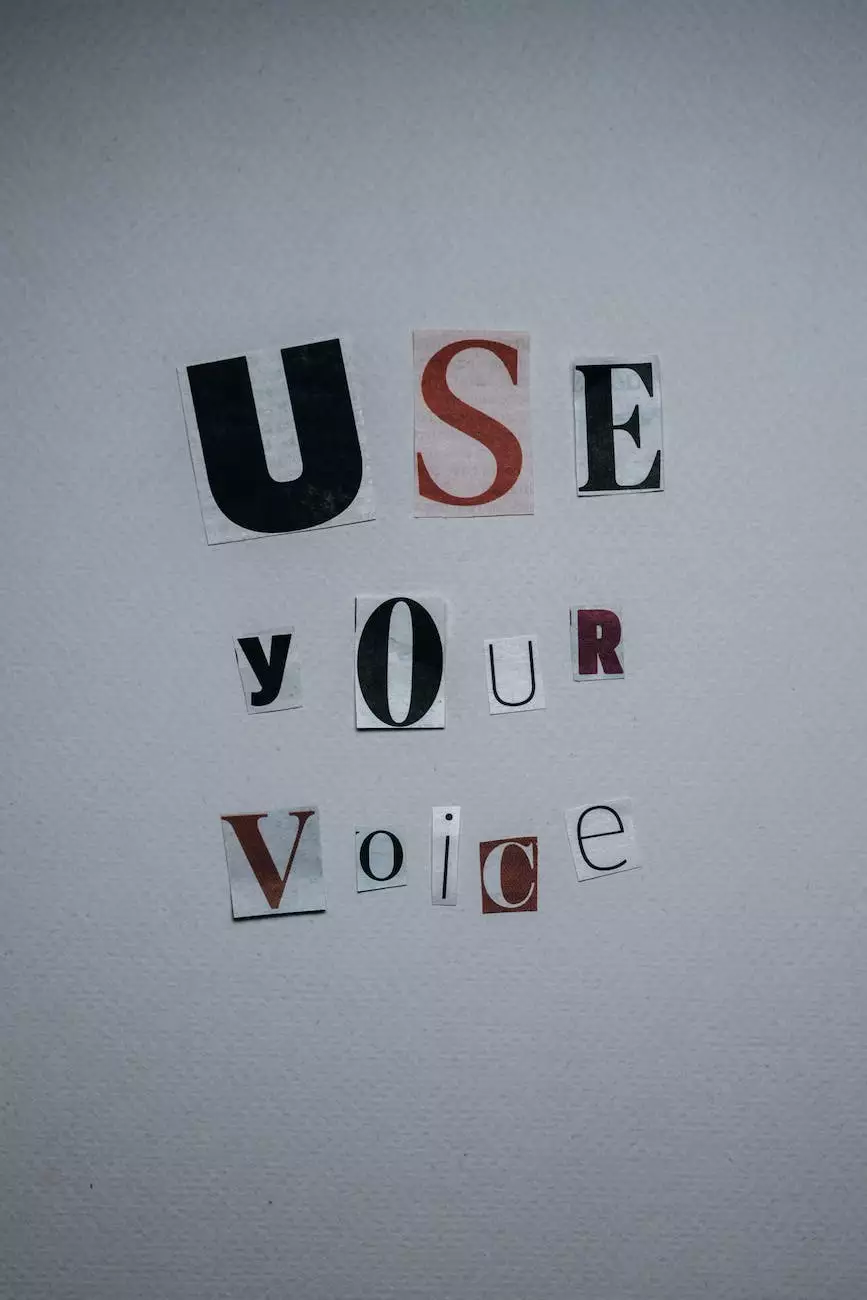How Voice Activation Will Transform Healthcare
Blog
Introduction to Voice Activation in Healthcare
Voice activation technology, once confined to science fiction, is now transforming the healthcare industry as we know it. With its ability to interpret human speech and perform tasks accordingly, voice activation has the potential to streamline processes and improve overall patient care. In this article, we will explore the various applications of voice activation in the healthcare sector and discuss its potential impact on the future of medicine.
The Benefits of Voice Activation in Healthcare
Voice activation offers numerous advantages in healthcare settings. One of the key benefits is improved efficiency and accuracy in data entry. Instead of relying on manual typing or transcription, healthcare professionals can simply dictate their notes, prescriptions, and patient information using voice commands. This reduces the risk of errors, saves time, and allows healthcare providers to focus more on patient care.
Moreover, voice activation technology has the potential to enhance accessibility for individuals with physical disabilities or limited dexterity. Patients with conditions such as paralysis or arthritis can effortlessly interact with medical devices and access healthcare services through voice commands. This inclusiveness not only improves patient experience but also empowers individuals to take control of their own healthcare.
Another notable benefit of voice activation in healthcare is the potential to reduce the spread of infections. In a healthcare setting, various surfaces and objects, including keyboards and touchscreens, can harbor harmful bacteria. By minimizing the need for physical contact, voice-activated interfaces reduce the risk of cross-contamination, ultimately resulting in improved hygiene and infection control.
Application Areas of Voice Activation in Healthcare
Voice activation technology can be applied across numerous areas within the healthcare industry. Let's take a closer look at some of these applications:
1. Medical Documentation
Traditionally, medical professionals spend significant amounts of time documenting patient encounters and maintaining electronic health records. Voice activation technology allows for seamless documentation by converting spoken words into written text. This not only speeds up the documentation process but also ensures comprehensive and accurate medical records, ultimately improving patient care and enabling efficient data analysis for research purposes.
2. Patient Engagement and Education
Voice activation can revolutionize patient engagement and education by providing interactive and personalized experiences. Patients can easily access healthcare information, schedule appointments, and receive reminders through voice-activated virtual assistants. This approach enhances patient understanding, facilitates self-management of conditions, and promotes a proactive approach to healthcare.
3. Surgical Procedures
Voice activation technology can also be incorporated into surgical procedures, particularly in operating rooms. Surgeons can use voice commands to control medical equipment, access patient data, and communicate with the surgical team during procedures. This hands-free approach minimizes distractions and enhances surgical precision, thus reducing the risk of errors and improving patient safety.
4. Telehealth and Remote Patient Monitoring
Telehealth and remote patient monitoring have gained significant momentum in recent years. Voice activation plays a crucial role in these practices by facilitating remote communication between patients and healthcare providers. Patients can use voice commands to communicate symptoms, receive virtual consultations, and share vital signs or health-related data. This technology enables effective remote healthcare delivery, particularly for individuals in rural or underserved areas.
The Future of Voice Activation in Healthcare
As voice activation technology continues to evolve, its potential within the healthcare industry is expanding. In the future, we can anticipate several advancements and implications, such as:
1. Artificial Intelligence Integration
Integrating voice activation with artificial intelligence (AI) systems can unlock a new level of personalized care. AI-powered voice assistants can learn from patient interactions, adapt to their needs, and provide tailored recommendations or interventions. This integration has the potential to significantly improve diagnostics, treatment plans, and overall healthcare outcomes.
2. Natural Language Processing
Advancements in natural language processing algorithms will enable voice activation systems to better understand context and nuances in human speech. This will enhance the accuracy and effectiveness of voice-activated interactions in healthcare. The ability to comprehend complex medical terminology and accurately interpret patient queries will play a vital role in delivering high-quality care.
3. Data Analytics and Predictive Insights
By analyzing the vast amount of voice-activated data generated in healthcare settings, predictive analytics can identify patterns, trends, and potential health risks. This can aid in early detection, preventive interventions, and improved population health management. Voice activation has the potential to contribute to evidence-based medicine and drive data-informed decision-making in healthcare.
In Conclusion
Voice activation technology presents a transformative opportunity for the healthcare industry. Its ability to streamline processes, improve accessibility, and enhance patient engagement has the potential to revolutionize healthcare delivery. As voice activation continues to evolve and integrate with other emerging technologies, we can expect even greater benefits and advancements in the future. Embracing this technology will not only drive operational efficiencies but also empower healthcare providers and improve patient outcomes.




